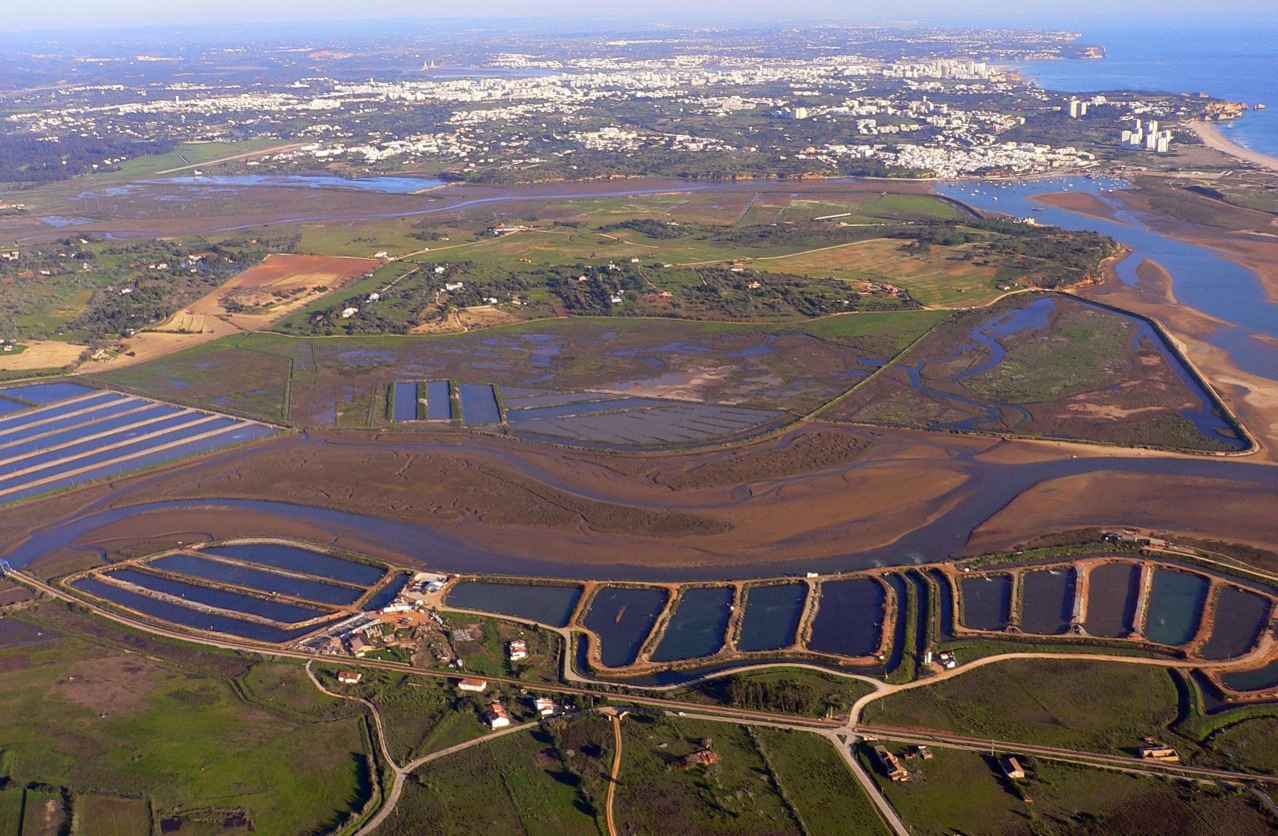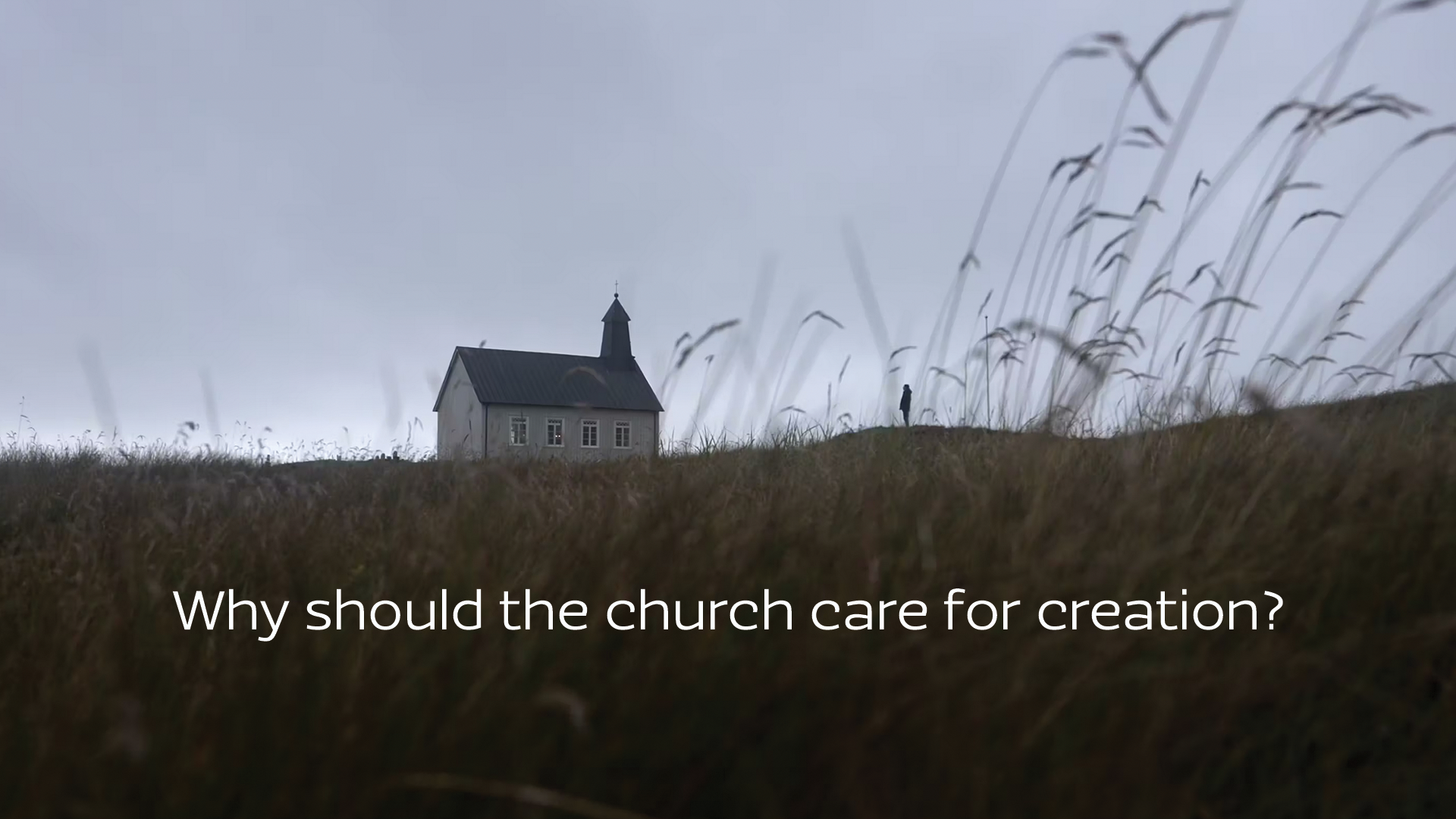A Rocha: 30 years, or eternity?
Through 2013, we’ve been celebrating A Rocha’s 30th birthday. But, in a world of disappearing habitats and species, just how long-lasting is our conservation work? If we believe God’s New Creation to be a renewal rather than a replacement of this world, will the best of our work remain into eternity? It’s a very practical question. Having spent years campaigning and working to transform an urban wasteland into a flourishing oasis, I’d love to know if anything of Minet Country Park will remain after Jesus returns.

The Alvor estuary – will it last?
The bible is deliberately vague about the detail of eternity. We have cast-iron promises about the defeat of death, decay, disease and evil, and of a new reality with Christ at the centre. We have imagery, in Old Testament and New, which describes animal and human-kind existing in harmony, worshipping God eternally. But we only have tantalising glimpses of what if anything of human creativity, culture and conservation work will remain.
This much we can say: if this world, subject to entropy and ravaged by humanity’s folly, is to be transformed into the eternal Kingdom of God, it will need a radical reshaping. The new creation will not be a cosmetic makeover but a complete redesign using the raw material of the old. The laws of nature themselves will need to be rewritten. The bible conveys this by deliberately mixing language of judgment and destruction (fire on earth[1]) with words of hope and renewal (creation freed from its bondage to decay[2]).
Perhaps that doesn’t sound too encouraging for conservationists, yet there are hopeful hints. In 1 Corinthians 3, Paul writes about building on Jesus Christ and his redemptive work: ‘If anyone builds on this foundation using gold, silver, costly stones, wood, hay or straw, their work will be shown for what it is, because the Day will bring it to light. It will be revealed with fire, and the fire will test the quality of each person’s work.’[3] As Tom Wright argues so well[4], this applies not only to so-called ‘spiritual’ work, but to everything we do towards God’s Kingdom on earth (and hence equally ‘spiritual’!). So, all creativity (poetry, art, music, architecture, cookery); all investment in good relationships, all technology designed in alignment with God’s purposes… and all wildlife conservation, all planting seeds for the future, all careful stewardship and restoration of the goodness of God’s world… all this will be revealed and tested, and the very best of it – suitably transformed – will exist into eternity.
Isn’t it amazing to think that all the love, work and prayer invested in the Alvor estuary in Portugal, Bannerghatta National Park in India, Atewa Forest in Ghana, the Little Campbell watershed in Canada, the Huarango forests of Peru, and Mount Karioi in New Zealand, amongst many other precious places where A Rocha works, will exist into eternity? We cannot be definitive about exactly what will remain. We will inevitably see disappointments, failures and setbacks. Yet I believe we can be confident that God will take the best of our conservation work and redeem it into the new creation.
Of course, this isn’t our only reason for getting involved in conservation. We care for creation simply because God loves this world and tells us to care for it, as I’ve argued elsewhere. However, believing that the beauty and biodiversity of this planet, and our contributions towards protecting and restoring it, will be caught up into God’s new creation gives us confidence to persevere long-term, to keep going when others give up, to strive for excellence, and to see all we do as building towards God’s Kingdom on earth, as it is in heaven.
[1] 2 Peter 3:3-13
[2] Romans 8:20-22
[3] 1 Corinthians 3:12-13, NIV
[4] Tom Wright, ‘Surprised by Hope’ pp. 205, 219-220
We are happy for our blogs to be used by third parties on condition that the author is cited and A Rocha International, arocha.org, is credited as the original source. We would be grateful if you could let us know if you have used our material, by emailing [email protected].




Dave, In response to this blog, 1 Corinthians chapter 13 came to mind.
This chapter makes clear (verses 8-12) that our knowledge and deeds in the present world age can at best only be part of, or a dim reflection, of God’s plan. Because of this I am aware that my conservation work is only a pale imitation of God’s order in creation.
In the same chapter, Paul tells us that three things remain: faith, hope and love (verse 13). We can therefore be confident that whatever faith, hope or love, we put into our work (and conservation work certainly seems to have plenty of those three things mixed in) will last. In addition, it is always encouraging to me when visitors to the nature reserve I look after tell me of an experience they had there where they experienced something of the greatness of God, or had a meaningful encounter with someone there. These are also examples of experiences of faith, hope and love that last.
On the other hand, in answer to the question whether the nature reserve I manage will last into eternity, I think I would have to say “no, I don’t think so”. However I am confident that whatever is of God in my work (if anything) will last and that he will take that work and make it into something altogether more complete and perfect. That is how I understand 1 Corinthians, Chapter 3 referred to in your blog and this is what keeps me going!
Thanks, Dave. A timely and encouraging reminder!
I sometimes wonder if like the child who offered his lunch which was turned into mega-catering as I offer every good act it will be transformed to something other. So all the conservation work will become something recognisably the same yet totally different. Also agree, Dave, that in a way it doesn’t matter: I’ve been given a task to be a steward and it isn’t for me to question the Chief Conservation officer.